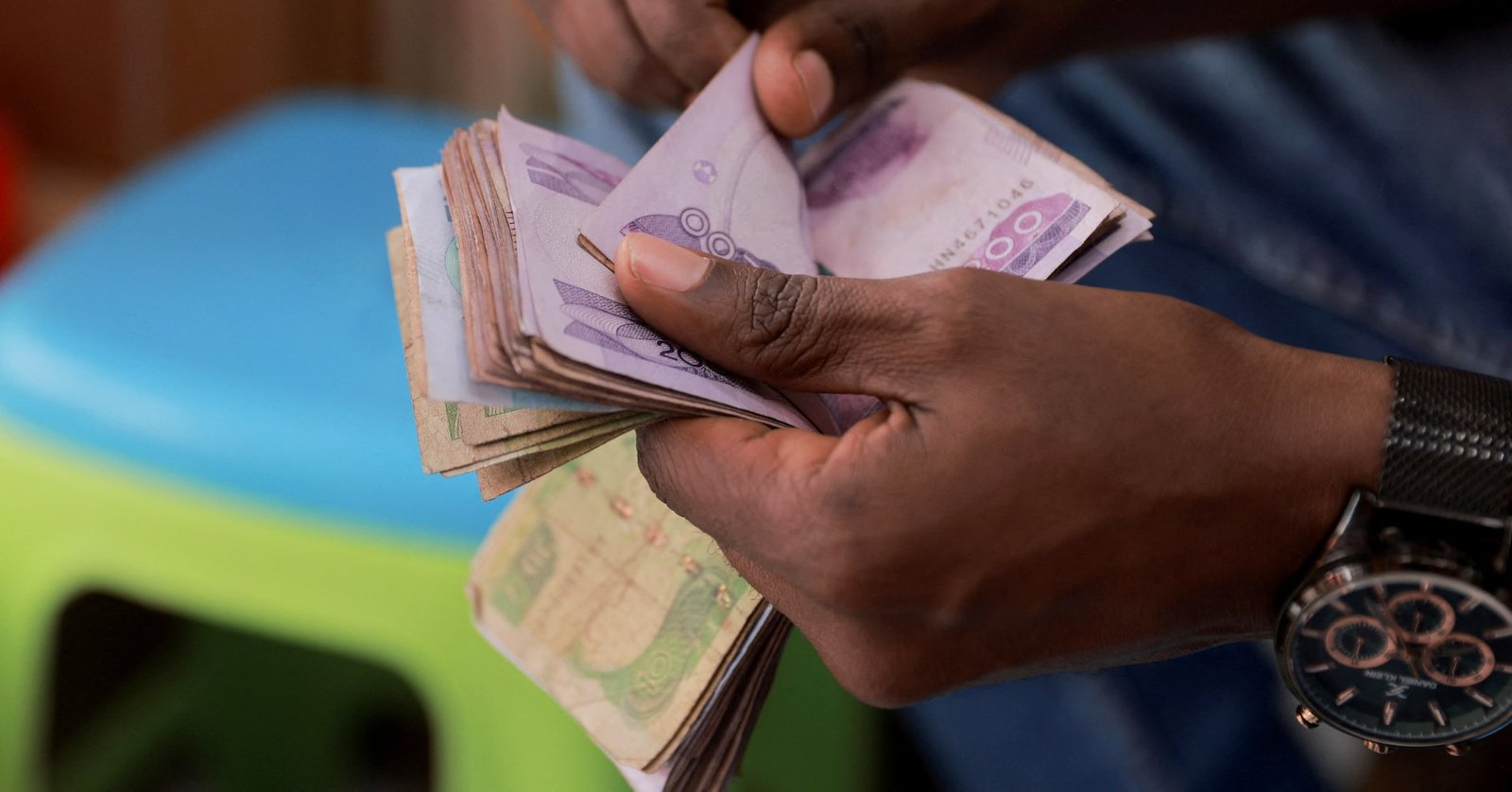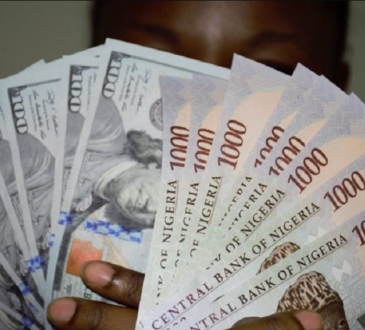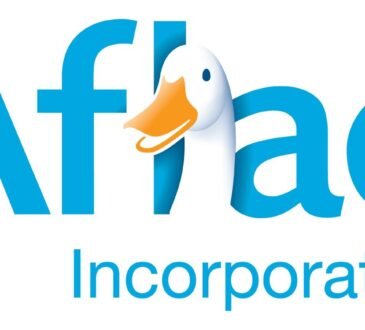ADDIS ABABA, Aug 2 (Reuters) – Ethiopia will enjoy $4.9 billion in relief from debt repayments when it completes a long-delayed restructuring, State Finance Minister Eyob Tekalign said on Friday, adding that he hopes to sign deals with creditor nations in the coming months.
“We will sign and finalise with each individual (creditor) country over the course of the next few months,” Eyob told Reuters, referring to the estimated savings to Ethiopia as a result of the restructuring.
The country’s total external debt stood at $28.38 billion in March this year, finance ministry data showed.
Prime Minister Abiy Ahmed, explaining recent economic reforms in a televised speech late on Thursday, said the estimated savings would include $200 million from the restructuring of its $1 billion Eurobond .
Eyob said that could be accomplished through “nominal reduction” of the value of the bond as part of the debt re-work.
CURRENCY SLIDES
Abiy also defended this week’s switch to a market-determined foreign exchange rate, saying it aimed to close the gap between the official and black market rates and did not amount to a devaluation of the currency.
Since then, the birr has slipped at least 31.5% against the dollar to trade at 83.94 per greenback, the country’s biggest lender, Commercial Bank of Ethiopia said, and some economic analysts and commentators have voiced concern that inflation could surge.
“There were two markets. One is 100 and the other is 50. So when the gap between the two became wide, it brought many dangers. So what we said, (the two) should be unified,” Abiy said, chiding banks for failing to swiftly unify the two rates.
“I believe your approach is not correct. The rate you are currently posting does not ensure unification,” he told bank executives who were present when he spoke.
Banks posted new, weaker rates for the birr after Abiy’s comments, with some quoting it at 90 per dollar, closer to the current black market rate of 118 per dollar.
While lifting foreign exchange trading restrictions helped Ethiopia clinch the IMF deal and funding from other creditors including the World Bank, concern about the policy’s inflationary impact on low-income households has led to a crackdown by authorities.
The government and its creditors say the liberalisation will help the private sector make a bigger contribution to the economy and boost long-term growth.
Sign up here.
Reporting by Dawit Endeshaw;
Writing by George Obulutsa and Duncan Miriri;
Editing by Helen Popper, Giles Elgood and Alex Richardson
Our Standards: The Thomson Reuters Trust Principles.





